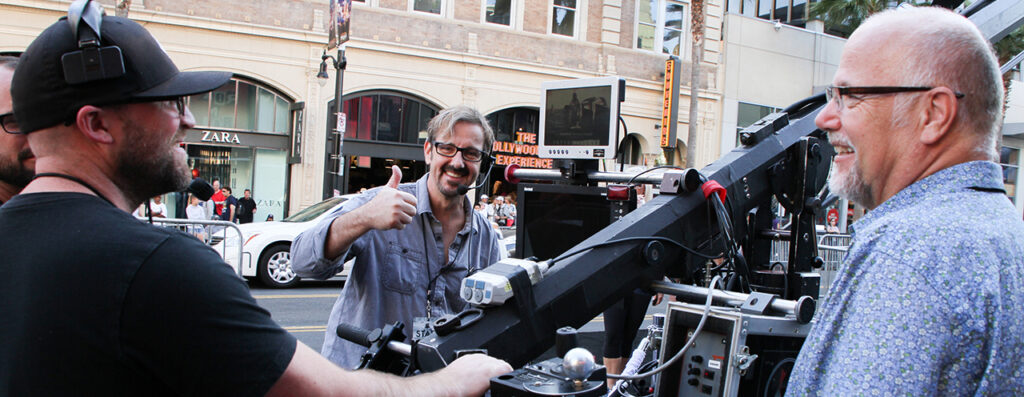In production we typically try to stay away from that ear piercing tone called “feedback”. In production terms, feedback occurs when a sound loop exists between an audio input (for example, a microphone or guitar pickup) and an audio output (for example, a power amplified loudspeaker). We’ve all heard it, that tone (often high pitched) that seems to continue and grow until the volume is turned down…hmm, perhaps we’ve been missing out on a lesson?
In the non-production world, feedback is an entirely different thing. In the business world, positive feedback loops are used to draw attention to significant product or company issues. These feedback loops use customer or employee input to create workplace solutions. Conversely, in nature, a positive feedback loop is when the product of a reaction leads to an increase in that reaction moving a system further away from equilibrium. Ah, now that sounds a little more like our production view of feedback loops… a state moving us away from equilibrium.
Why am I writing about Positive Feedback Loops? Because most every facet of production is a constant juggling of positive and negative feedback loops and we are often suckered into playing the role of a speaker rather than the role of a microphone. A wise man taught me to be QUICK to LISTEN and SLOW to SPEAK. Why? Because it’s just like turning down the volume on that annoying, piercing sound. What happens when we practice quick listening and slow speaking? Problems, conflict and crises are often averted. The single tone becomes part of of an orchestration. When we play the role of a microphone we take in the comments of our clients, crew and staff and we increase the production reaction without the annoying noise we’ve heard all too often.
So what’s my point? As producers, we need to use positive feedback loops to better serve our clients. We need to hear and be a microphone, not a speaker. We can’t possibly hear when we are speaking. We can’t hear a warning from our team if we are outputting over them. This helps explain why so many audio engineers become tour managers. An audio engineer learns innately to avoid feedback. Ex-Lighting designers also dominate in the tour management world because they innately see things in terms of illumination.
Be Quick to Listen and Slow to Speak. Stop the ear piercing feedback!

